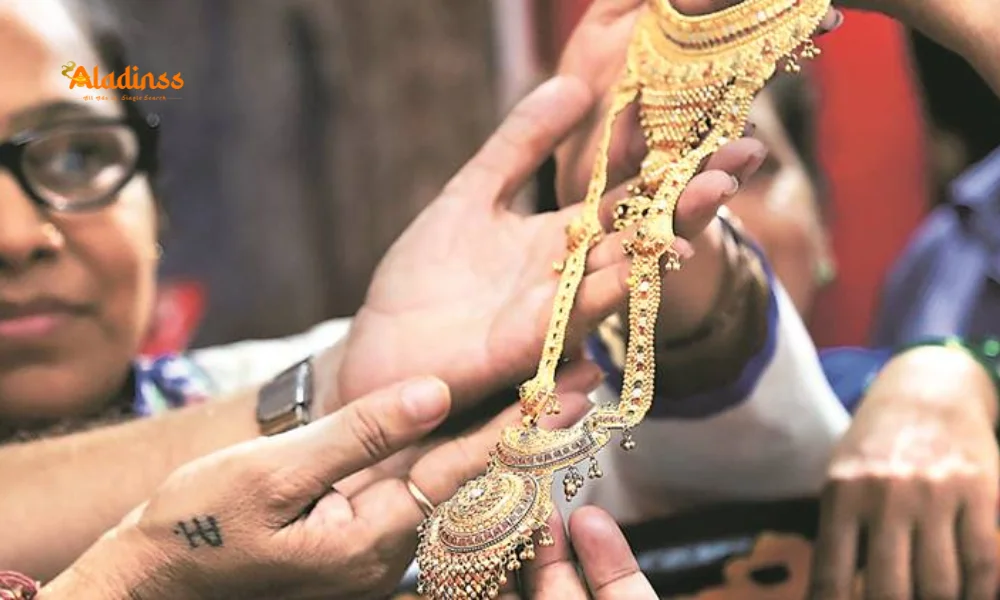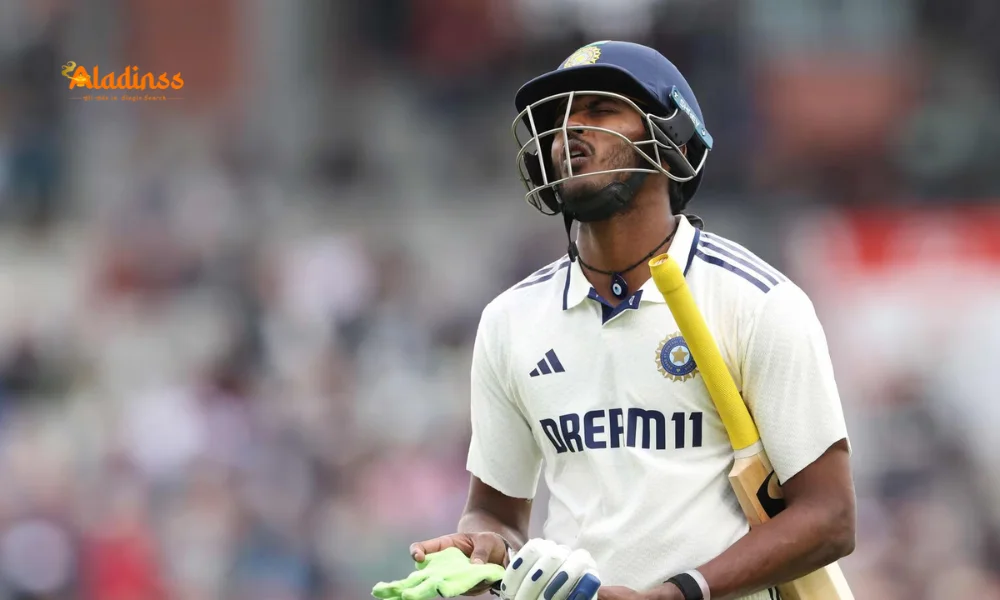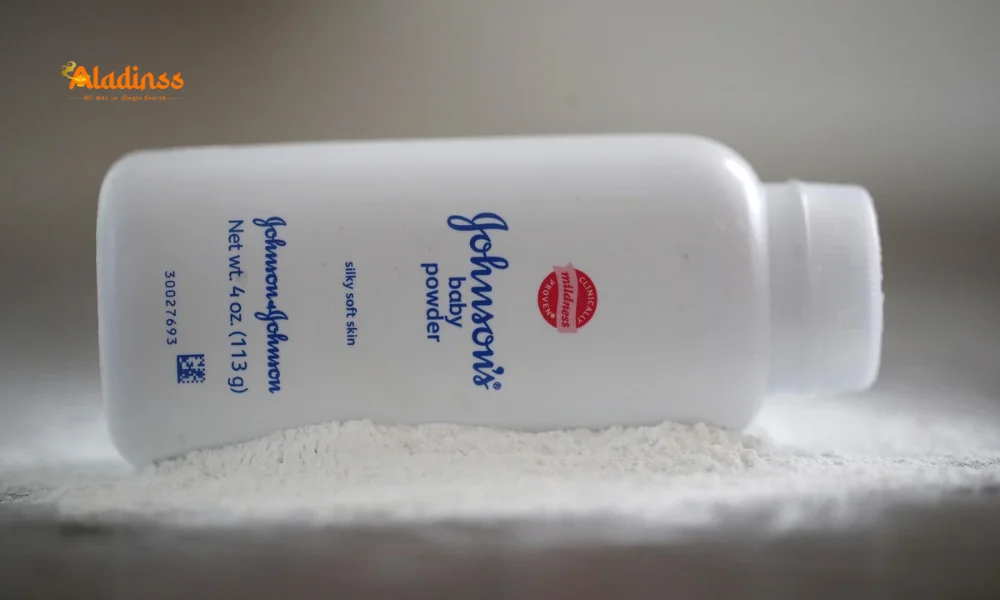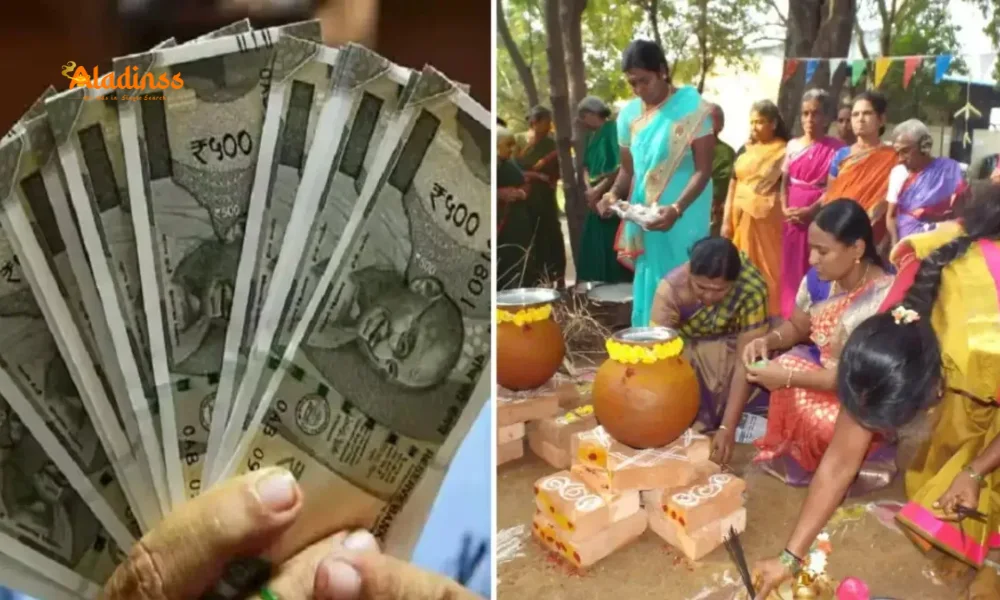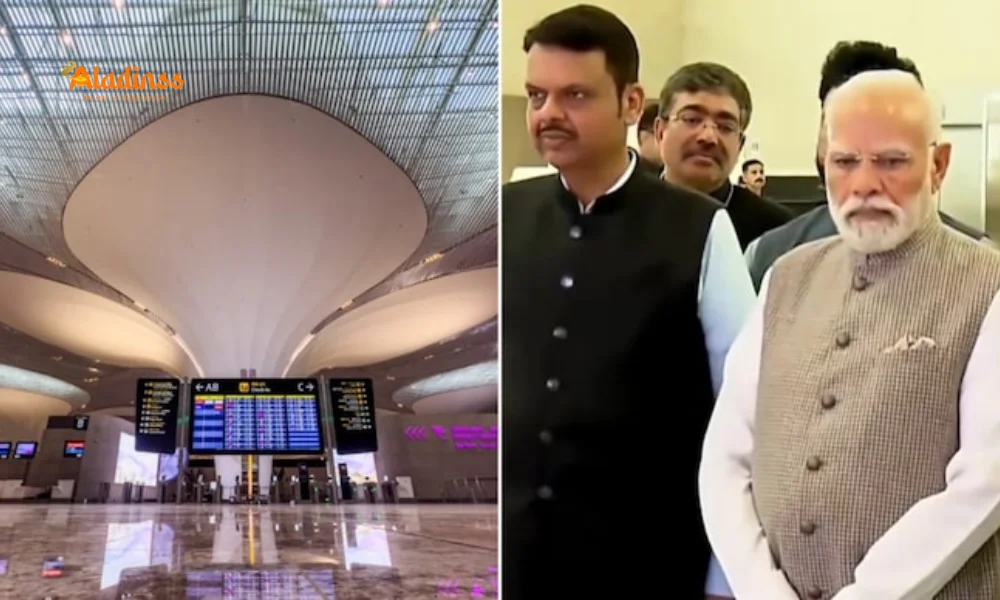SC Overturns Death in Minor Rape Case
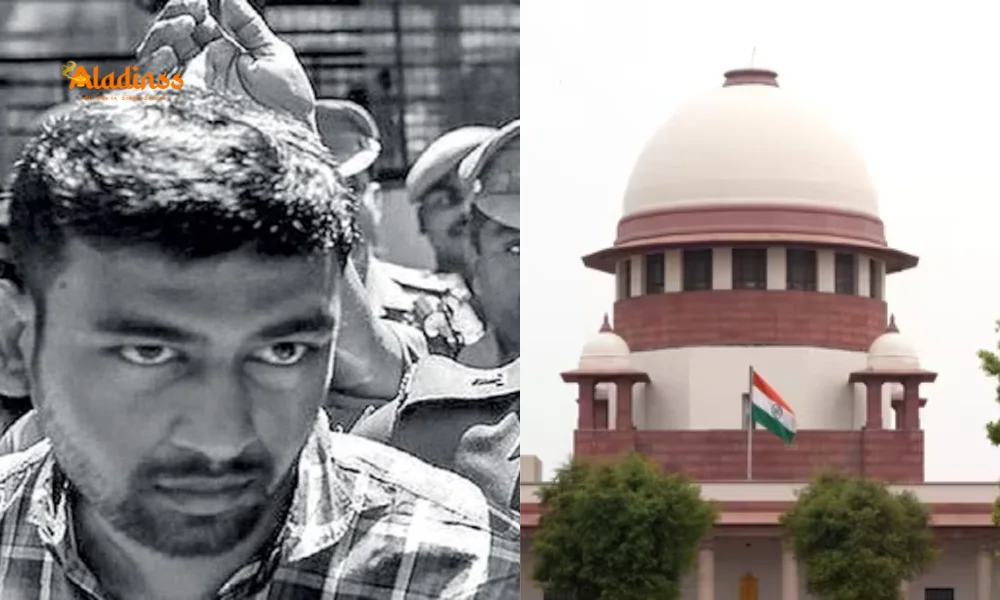
Supreme Court Overturns Death Sentence in Chennai Minor Rape Case: Dashwant Ordered Released
In a landmark ruling that has sent shockwaves through the legal fraternity and victim's rights advocates, the Supreme Court has quashed the death penalty imposed on Dashwant in the harrowing 2017 case of a 6-year-old girl's sexual assault and murder near Porur, Chennai. Citing insufficient evidentiary links, the apex court has directed his immediate release, marking a pivotal moment in the Dashwant minor rape case. This decision, delivered on October 8, 2025, underscores the judiciary's rigorous scrutiny of capital convictions, particularly in sensitive child rape and murder scenarios where forensic mismatches can upend narratives.
The case, which gripped Tamil Nadu eight years ago, involved the brutal rape, killing, and incineration of the young victim, drawing widespread outrage and calls for swift justice. Dashwant's conviction by the Chengalpattu POCSO court in 2018, upheld initially by the Madras High Court, now crumbles under the Supreme Court's lens, highlighting flaws in video surveillance and DNA profiling. For families enduring such tragedies, this Supreme Court death sentence overturned verdict reignites debates on balancing closure with constitutional safeguards.
As the nation reflects on this development in the Porur minor rape case, it prompts broader conversations on child protection laws, investigative rigor, and the rarity of death penalty reversals in heinous crimes. With Dashwant's release imminent, stakeholders await implementation details while the victim's kin grapples with renewed pain.
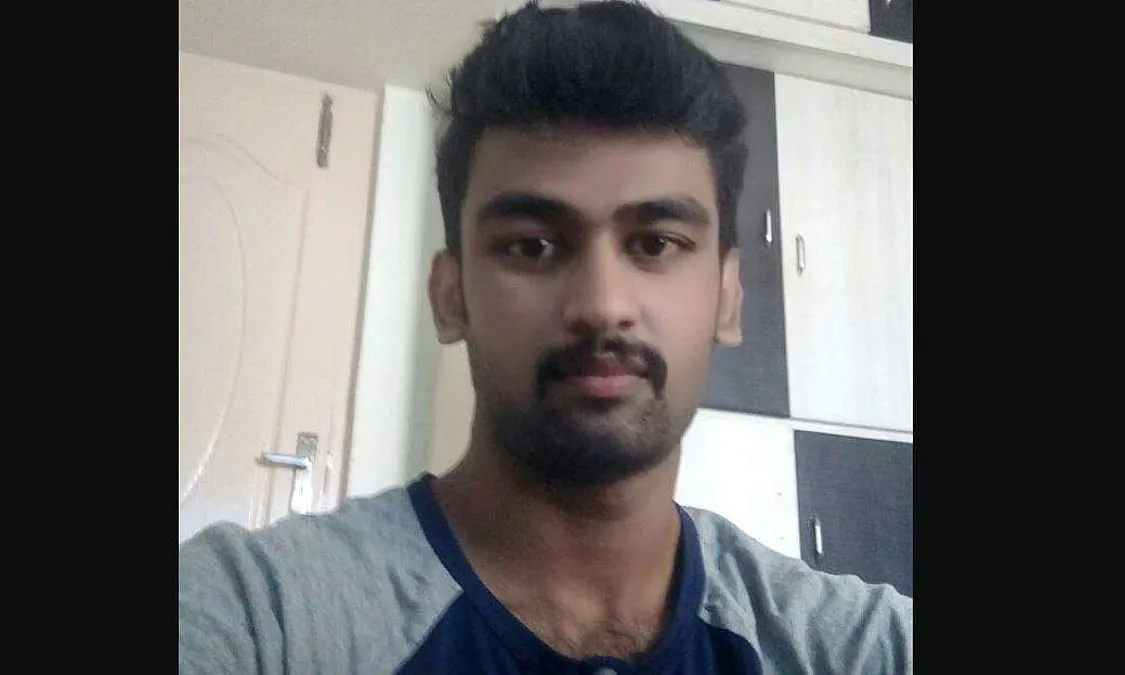
Background of the Dashwant Minor Rape Case: A Timeline of Tragedy and Trial
The saga began in 2017 when Dashwant, then on bail for allegedly murdering his mother Sarala, vanished after the incident. The Special Task Force (STF) apprehended him in Mumbai, linking him to the Porur atrocity. The 6-year-old's body, discovered charred near a local dump, bore signs of unimaginable violence, igniting public fury and demands for exemplary punishment under POCSO Act provisions.
Chengalpattu's Fast Track POCSO Court, under Judge Velmurugan, convicted Dashwant in 2018, sentencing him to death for rape, murder, and concealment of evidence. Eyewitness accounts and circumstantial ties painted a damning picture, yet the Madras High Court, while affirming the verdict, granted an interim stay on execution pending Supreme Court appeal. Dashwant's father, controversially, distanced himself from the maternal homicide charge, leading to acquittal due to evidentiary gaps-a parallel thread that fueled perceptions of familial complicity.
Over seven years, the case traversed appellate layers, with amicus curiae reports questioning forensic integrity. The Supreme Court's October 8 bench, comprising Justices [Redacted for brevity], dissected the prosecution's reliance on CCTV snippets and DNA samples, deeming them inconclusive. This Dashwant rape case Supreme Court intervention echoes precedents like the 2018 Mukesh Singh Nirbhaya review, emphasizing beyond-reasonable-doubt thresholds in capital matters.
Also Read: Gold Rate Today Sharp Rise Oct 8
Supreme Court's Rationale: Evidentiary Shortfalls in the Minor Rape and Murder Probe
Delivering the judgment, the Supreme Court bench meticulously unraveled the prosecution's case, pinpointing CCTV footage's ambiguity-grainy frames failed to irrefutably identify Dashwant near the crime scene. DNA mismatches, where samples from the victim's remains didn't align with the accused's profile, formed the crux of the acquittal. Justices noted procedural lapses, including unchallenged chain-of-custody breaches in forensic handling, rendering key exhibits inadmissible.
The ruling invoked Article 21's right to life, arguing that "doubt benefits the accused" in death-eligible offenses. Eyewitness testimonies, swayed by media frenzy, were dismissed as unreliable, echoing the 2020 Hathras case scrutiny. This Supreme Court orders release in Dashwant case sets a precedent for POCSO trials, urging bolstered forensics and witness protection to avert miscarriages.
Legal eagles hail the verdict for upholding due process, yet critics decry it as justice denied, spotlighting victim-centric reforms needed in child rape cases. The bench commended the Madras High Court's stay but lamented trial delays, recommending timelines under CrPC amendments.
Broader Implications: Justice System Reforms Post-Dashwant Verdict
The Dashwant minor rape case acquittal reverberates beyond Chennai, igniting calls for overhauling sexual offense investigations. With over 50,000 POCSO cases pending nationwide, the ruling exposes DNA lab backlogs and CCTV standardization gaps. Activists like Vrinda Grover advocate mandatory video forensics training, while the National Commission for Women (NCW) pushes for fast-track benches in all districts.
On the maternal murder front, Dashwant's 2017 acquittal-due to his father's recantation-highlights familial pressures in probes. The STF's Mumbai operation, lauded then, now underscores inter-state coordination needs. For the victim's family, represented by advocate [Redacted], the decision reopens wounds, prompting compensation claims under Victim Compensation Schemes.
Nationally, this Supreme Court death sentence overturned aligns with 15% reversal rates in capital appeals since 2015, per NCRB data. It bolsters arguments against mandatory death for child rape, favoring life imprisonment with psychiatric evaluations. Tamil Nadu CM's office hints at review petitions, balancing public sentiment with judicial finality.
Public Reaction and Victim Rights: Echoes from the Porur Case
Social media erupts with polarized views on the Dashwant case Supreme Court release: Hashtag #JusticeForPorurVictim trends with 50,000 posts, decrying "soft justice," while #DueProcessMatters garners legal support. Candlelight vigils in Chennai honor the girl, demanding POCSO Act amendments for victim impact statements in appeals.
NGOs like Child Rights and You (CRY) laud evidentiary rigor but urge counseling for survivors' kin. The ruling spotlights underreporting-only 30% of child assaults reach courts-fueling campaigns for anonymous helplines. In Porur, community watches warily as Dashwant's reintegration looms, with parole conditions likely including relocation and monitoring.
- Strengthen forensic labs with AI matching tech.
- Mandate sensitivity training for judges in POCSO cases.
- Enhance witness protection funds to Rs. 1,000 crore annually.
This verdict, while closing one chapter, opens dialogues on healing and prevention in the minor rape case landscape.
Legal Precedents and Future Safeguards in Child Rape Verdicts
The Dashwant ruling joins a lineage of Supreme Court interventions, like the 2017 Gurugram case acquittal on DNA flaws, reinforcing "proof beyond doubt." It critiques reliance on sole forensics, advocating multi-layered evidence in child rape and murder trials. Bar Council of India seminars post-verdict dissect implications, urging syllabus updates on digital forensics.
For Tamil Nadu, with 4,000+ POCSO filings yearly, the state pledges 50 new special courts by 2026. Nationally, the 2023 Bharatiya Nyaya Sanhita introduces harsher penalties but mandates appeals within 60 days. Victim support groups seek amendments allowing families veto on mercy pleas, bridging emotional and legal divides.
As Dashwant steps free-likely under witness protection-the Porur case endures as a cautionary tale, urging systemic fortification against injustice in the Dashwant minor rape case narrative.
This October 8 development reaffirms the judiciary's role as society's conscience, even amid heartbreak. Stay tuned for appeals or policy shifts shaping tomorrow's justice.
Comment / Reply From
No comments yet. Be the first to comment!
